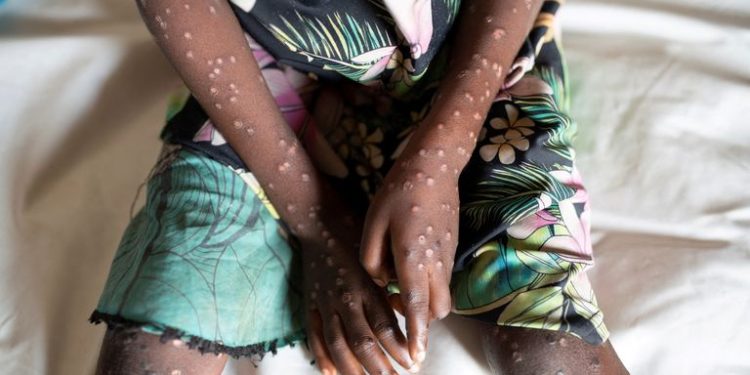Residents of Harare can breathe a sigh of relief as test results for two suspected cases of Mpox have returned negative, alleviating concerns of an outbreak in the city.
According to Dr. Prosper Chonzi, Harare City’s Health Director, the two individuals were identified in the densely populated Kuwadzana suburb, but fortunately, the tests revealed no presence of the virus.
Speaking to ZimLive on Wednesday, Dr. Chonzi confirmed that the situation is under control and there is no need for panic.
The swift response and testing by health authorities have helped to contain any potential spread, ensuring the safety of the community.
“There are just two cases in Harare; we took specimens from these individuals who showed some symptoms to the lab and they came out negative.
“Mpox is associated with a fever and these people had no such. We have measles and chicken pox which may seem like Mpox but it’s a different case.
“We now do the tests here in Zimbabwe and not in South Africa as was the case, but we are all on high alert,” he said.
Mpox, formerly known as monkeypox, is a viral disease caused by the Orthopoxvirus genus, characterized by a distinctive skin rash or mucosal lesions, often accompanied by fever, headache, muscle pain, and swollen lymph nodes. These symptoms can persist for 2-4 weeks, causing significant discomfort.
The World Health Organization (WHO) has sounded the highest alarm, declaring Mpox a Public Health Emergency of International Concern (PHEIC), due to its rapid spread and potential global impact.
The outbreak, which originated in the Democratic Republic of Congo in September 2023, has intensified in that country and is now affecting neighboring nations, including Burundi, Kenya, Rwanda, and Uganda, which have all reported cases of Mpox.
This escalating health crisis warrants international attention and prompt action to contain the spread of the virus, protect vulnerable populations, and prevent further transmission.










